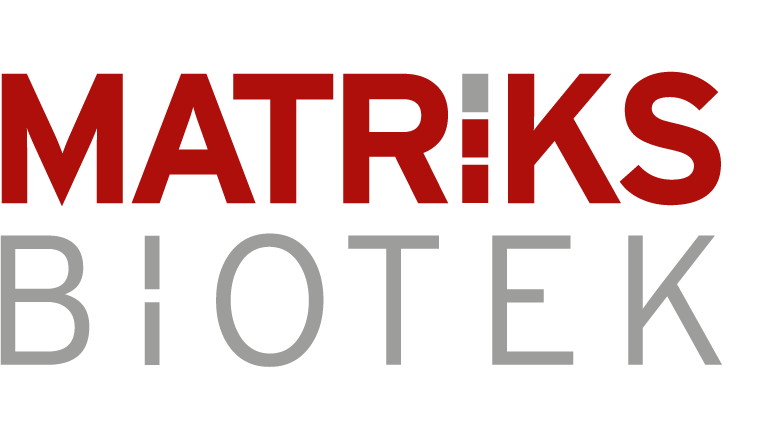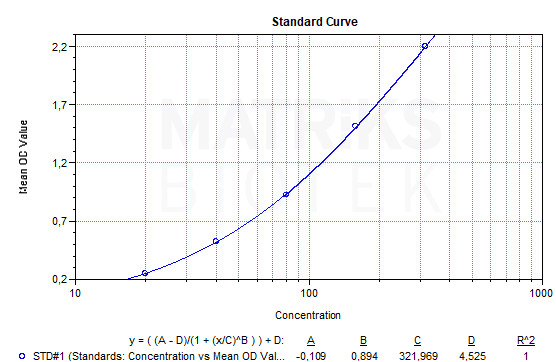Anti-Guselkumab antibodies (anti-drug antibodies or ADAs) are generated by the immune system in response to treatment with guselkumab, a monoclonal antibody that targets the p19 subunit of interleukin-23 (IL-23). While guselkumab effectively treats inflammatory conditions such as psoriasis by inhibiting IL-23-mediated signaling, its repeated administration can provoke an immune response in some patients. The development of anti-guselkumab antibodies may neutralize the drug’s effects or accelerate its clearance from the body, compromising its clinical efficacy.
In a research and clinical setting, monitoring for anti-guselkumab ADAs is essential to assess immunogenicity, optimize treatment strategies, and understand the variability in patient responses. Detection of these antibodies is typically performed through therapeutic drug monitoring (TDM), which ensures consistent drug levels and guides decisions on dose adjustments or therapy changes. Evaluating anti-guselkumab levels also helps in distinguishing true therapeutic failure from pharmacokinetic issues or immune-related loss of efficacy.
The presence of ADAs can influence pharmacokinetics, reduce drug bioavailability, and lead to adverse events. For this reason, anti-guselkumab biomarkers are valuable in clinical trials and post-marketing surveillance to assess drug safety and long-term effectiveness. In translational research, they contribute to the design of less immunogenic biologics and more personalized therapeutic regimens for autoimmune diseases like psoriasis.
This product is manufactured in Turkey by Matriks Biotek.


